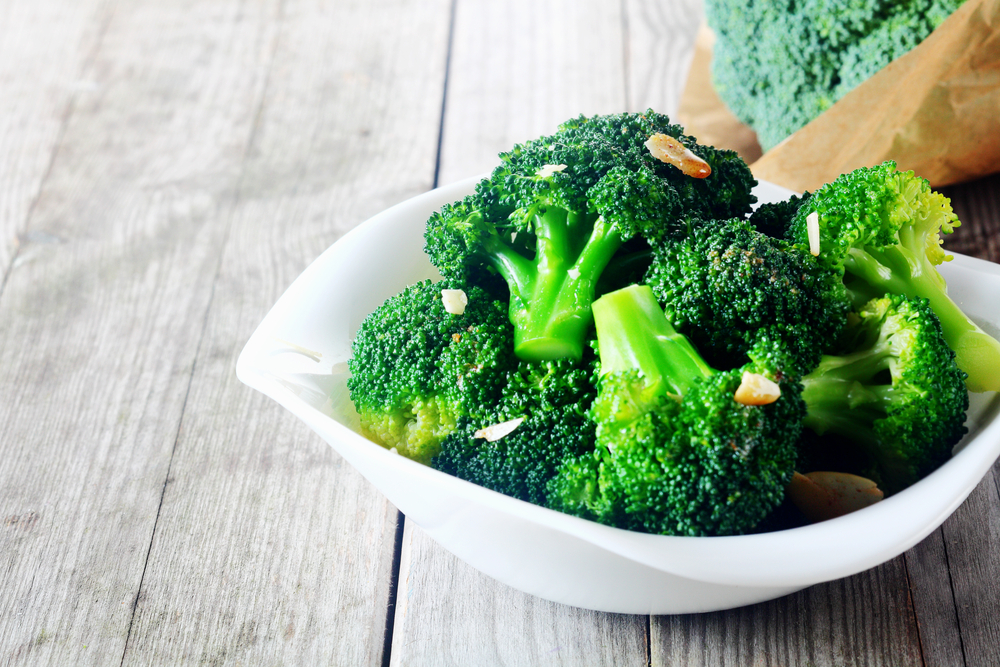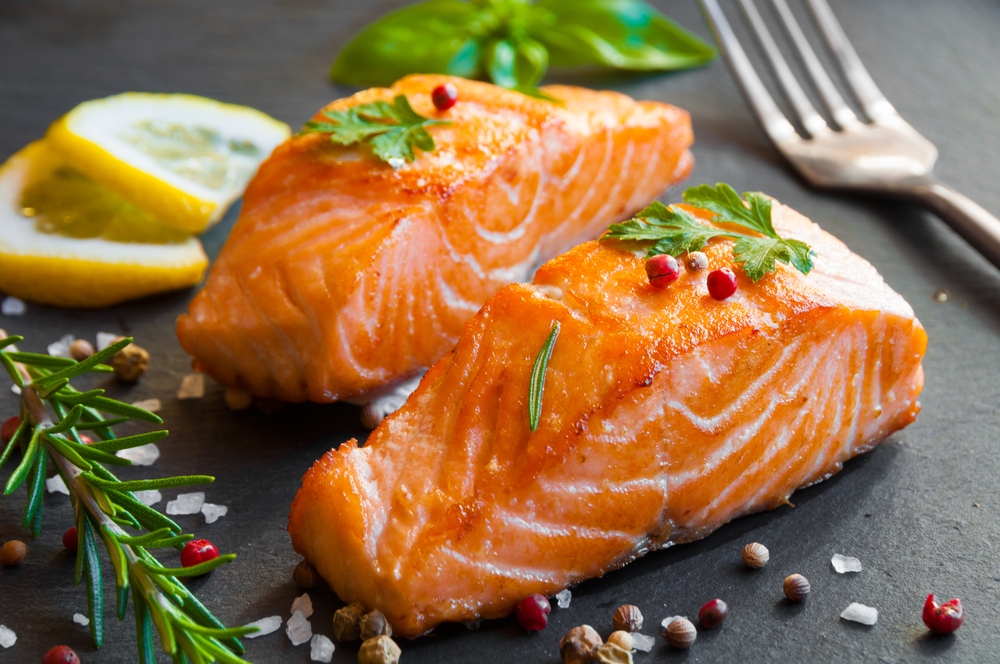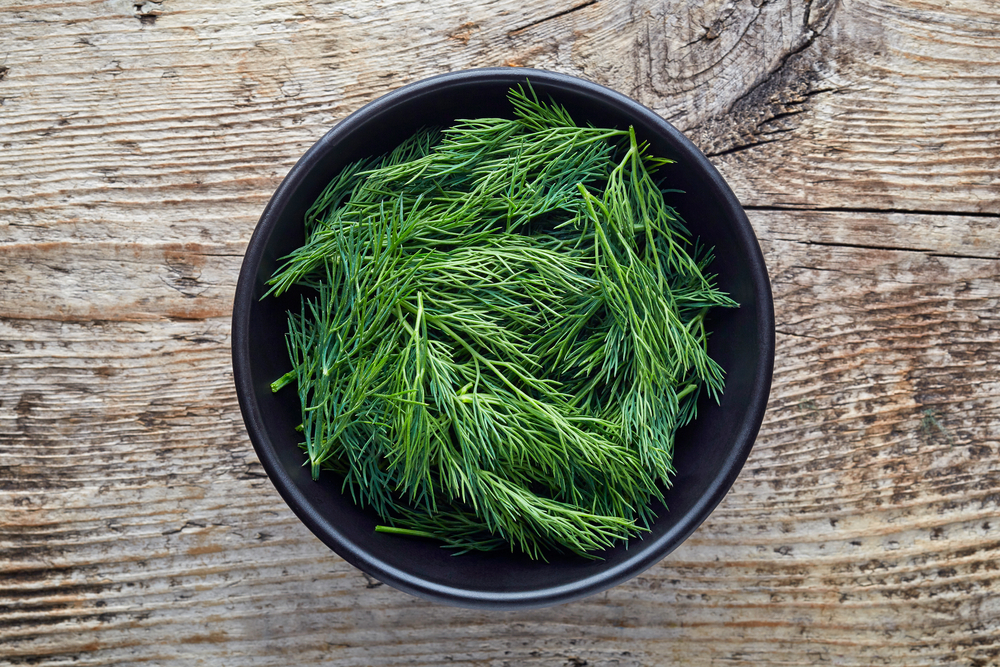Feeling bloated or wobbly around the tummy? Add these ingredients into your life for flat stomach benefits
Clever food choices in your meals can certainly give you a helping hand when it comes to losing fat from around your middle. By focusing on ingredients that will keep you satisfied for longer, look after your gut microbiome and top you up with the right vitamins and minerals, you can shed fat and beat those other enemies of the slim tummy – gas and bloating. So take a look at our top tummy-trimming stars and tasty ways to make the most of them.
Broccoli to beat bloat
 One study has shown a relationship between people who consume ample amounts of deep-colored veggies (specifically green, yellow, and orange) and lower levels of visceral fat – that’s the dangerous fat around your organs. Plus, broccoli is one of the few veggies that contain calcium, which has been shown to help increase fat loss, especially around the abdominal area.
One study has shown a relationship between people who consume ample amounts of deep-colored veggies (specifically green, yellow, and orange) and lower levels of visceral fat – that’s the dangerous fat around your organs. Plus, broccoli is one of the few veggies that contain calcium, which has been shown to help increase fat loss, especially around the abdominal area.
Artichokes for a happy gut
Artichokes are prebiotics, which feed probiotics so they can do their job. This creates a gut filled with good bacteria, which is so important when it comes to belly fat because it helps to reduce fat storage around your middle, as well as reducing inflammation.
Greek yogurt to keep you full for longer
Yogurt, particularly low-fat Greek yogurt, contains satiating protein (about 20 grams per cup), which is twice as much as traditional yogurt. It can keep you feeling fuller for longer and help control your appetite, which can translate to less belly fat.
Salmon for burning belly fat

Salmon can specifically help burn belly fat because it’s one of the richest sources of vitamin D (more than 500 IU, or international units, per 125g cooked). Vitamin D is directly involved with producing hormones that regulate appetite. Consuming enough of the vitamin (the recommended intake is 600 IU daily) reduces the likelihood that you’ll overeat. Also, several studies have shown that vitamin D is involved with signalling belly fat cells to burn off.
Kefir to soothe IBS
While the cultured, fermented milk drink is not low-FODMAP (the FODMAP method is a diet low in certain fermentable sugars that’s followed by many IBS sufferers to ease symptoms) it’s a worthy boon for bloating sufferers. The creamy drink tastes a bit like yogurt with a tangier flavour and contains probiotics, the beneficial bacteria that aid digestion and have historically been used to treat gastrointestinal problems, including IBS. In one study of more than 100 adults with IBS who suffered abdominal pain and bloating, half were given a multi-strain probiotic treatment and the other half were given a placebo. Those who received the probiotic noticed significant improvements in bloating and other symptoms within four weeks.
Dill to ease wind

Dill has long been used for digestive issues – it’s an ingredient in gripe water,
a remedy for colic in infants and gas in children.
The whole plant – both the seeds and the leaves – seems to be helpful with flatulence. One study showed that an essential oil made from the herb helped cut gas by 33 per cent compared to just 12 per cent in the placebo group.
Cumin to help IBS
Cumin, which can be found in whole form as a seed, or ground, has been used since ancient times as a digestive aid and has been suggested to help decrease gas and relieve other symptoms of IBS.
Coriander to stop flatulence
Coriander has been used in Indian traditional medicine as a digestive
aid for centuries because of its carminative properties. A recent study even tested a natural treatment for gas, which incorporated an extract from the herb (in addition to mint and lemon balm extracts), and found it helped to relieve gastrointestinal symptoms in people with IBS better than a placebo.
- Extract from Joy’s Simple Food Remedies by Joy Bauer (£19.99, Hay House)
- How to improve your gut microbiome health








